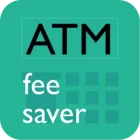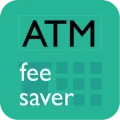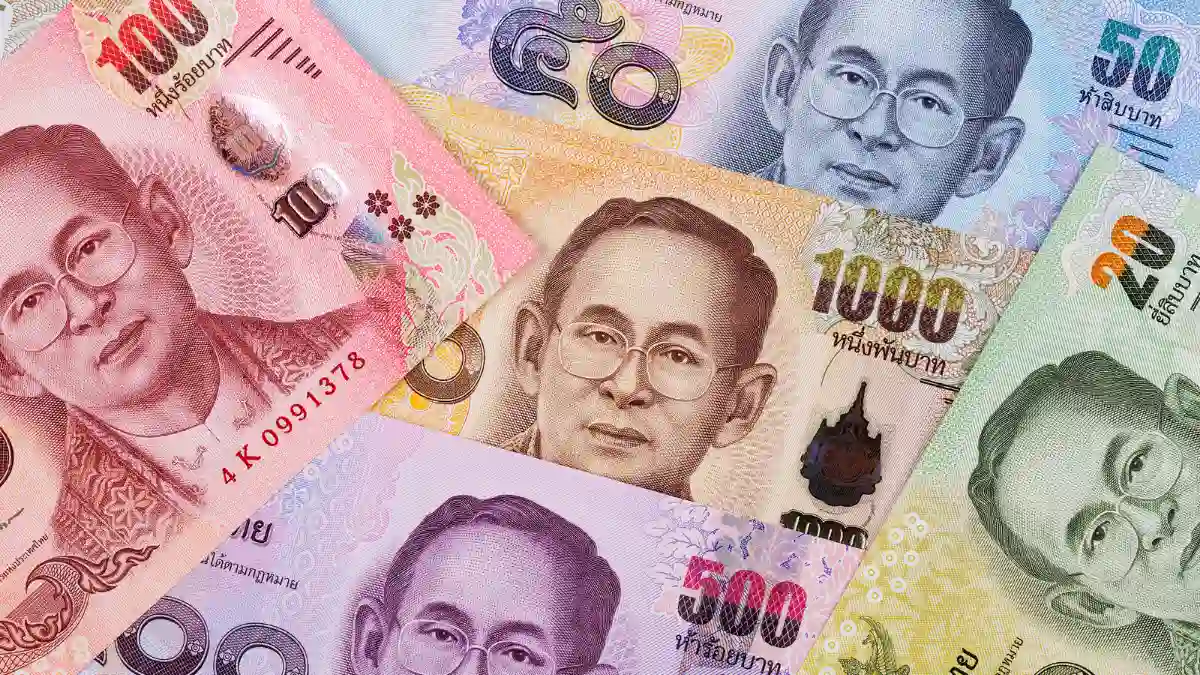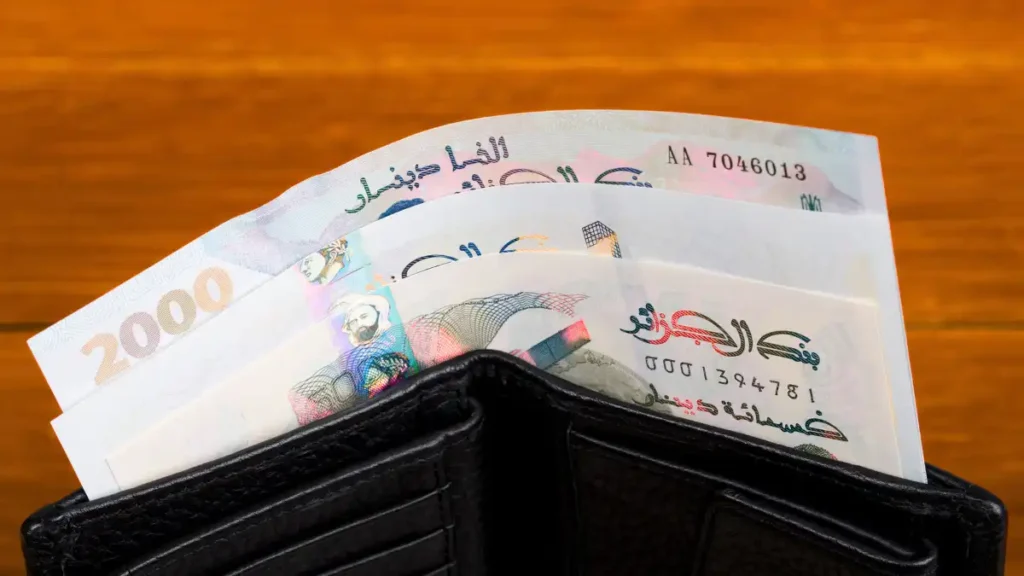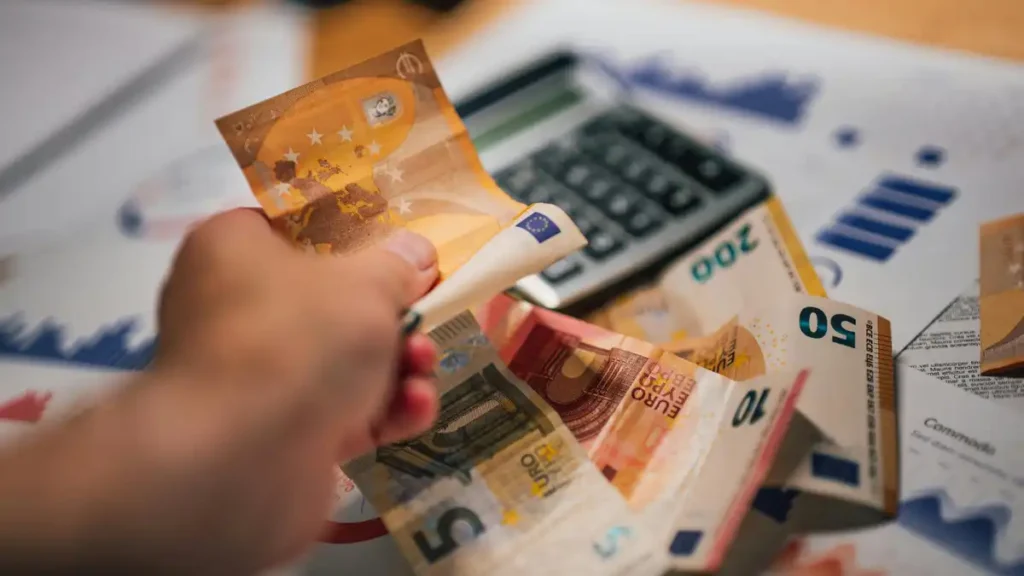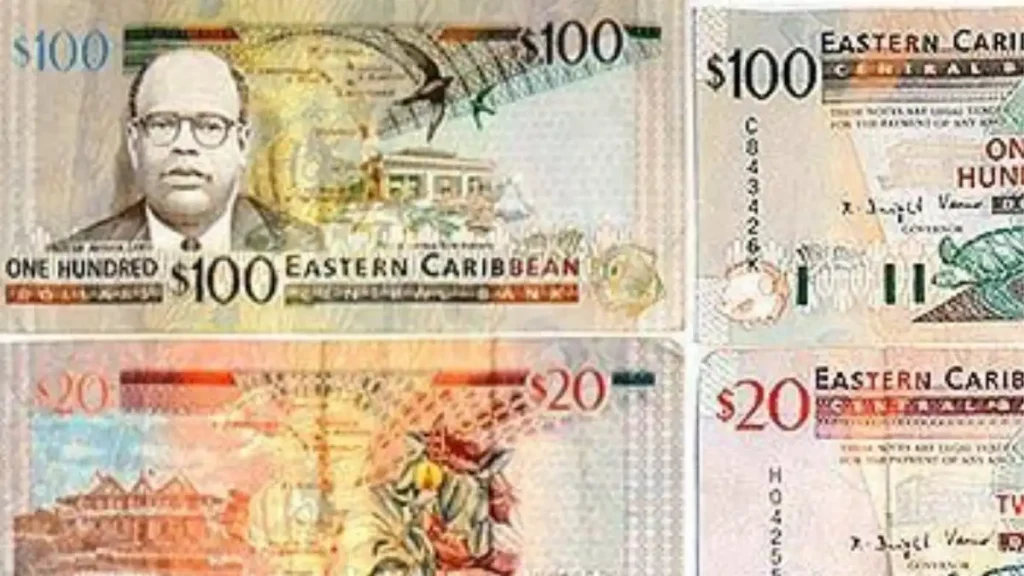From buzzing Bangkok streets to tranquil island escapes, Thailand’s mix of tradition and tourism makes it essential to understand how currency in Thailand works. Whether you’re paying for tuk-tuks, street food, or snorkel tours, money in Thailand is still largely cash-based-especially outside urban areas. This guide gives you the essentials: what currency to bring, how to get Thai Baht (THB), the best exchange and withdrawal options, safety tips, and payment etiquette. With this insight, you’ll sidestep hidden charges and navigate Thailand’s vibrant economy with ease.
How to pay in Thailand – cash or card?
Although more and more people are using cards, particularly in cities, many still prefer to get cash. Urban locations tend to have more widespread acceptance of cards, whereas rural areas tend to prefer cash. Majority of the tourists (around 60-70%) utilise cash, particularly for minor purchases.
You can use cash for:
- Budget hotels
- Hostels
- Local tour operators
- Shopping at street markets (Chatuchak, Chiang Mai night bazaar)
- Tips and gratuities
- Entry fees to temples, national parks, and local sites
- Local buses (songthaews, tuk-tuks)
- Local taxis / tuk-tuks (Grab is available but drivers prefer cash)
- Local trains (especially slower routes)
- Airport transport (taxis from official counters)
- Street food
- Small eateries / restaurants
- Sit-down restaurants
- Small purchases
- Local expenses at grocery stores, 7-Eleven, mom-and-pop stores
- Mobile SIM and phone top-up
- Laundry services (local laundries, guesthouses)
- Tailoring services
- Nightlife / bars (many only accept cash)
You can use card for:
- 4 and 5 star hotels
- Hostels (in Bangkok, Chiang Mai, etc.)
- Large tour operators
- Shopping at malls (MBK, Terminal 21, CentralWorld)
- Entry fees to major attractions (online booking recommended)
- Airport express train in Bangkok (City Line and Express)
- Upscale restaurants
- Online bookings for upscale hotels, flights, tours
- Spas (resort spas or chains)
- Vehicle renting (from agencies, not local shops)
- Emergency medical clinics / pharmacies (urban areas)
Thailand is still largely cash-based for daily expenses. Carry Thai Baht for flexibility, even though cards are accepted in malls and hotels.
What’s the best currency to take to Thailand?
Thai Baht, or ฿ is Thailand’s main and accepted currency. Money can be withdrawn or purchased in amounts of ฿ 20, 50, 100, 500, and 1000.
Using USD or EUR is not widespread, but it is possible at some establishments. You should pay in Baht unless you enjoy losing a tonne of money!
So, Thai Baht is the best currency to take to Thailand.
Where to get the local currency in Thailand?
In Thailand, you can get the local currency in 4 ways. These are:
ATMs, or
Currency exchange
Money transfer and local pick-up
Occasionally, stores selling gold
Types of cards to swipe in Thailand
Visa and Mastercard transactions are commonly accepted for swiping. You might also find some places that accept Amex and other cards, albeit less frequently.
Types of cards at ATMs in Thailand
When withdrawing money in Thailand, majority of the ATMs will accept Visa, Mastercard, Cirrus, Plus, Maestro, JCB and UnionPay cards. Some of them may accept Amex cards but this is not common so don’t rely on it. Cards such as Diners, and Rupay are not usually accepted by many ATMs.
Should I exchange money before travelling to Thailand?
It’s a good idea to bring a small amount of Thai Baht (THB) for arrival expenses like airport taxis, street food, or SIM cards. However, Thai Baht may be expensive or unavailable outside Thailand, and the rates offered at home are usually less favorable.
A practical option is to withdraw THB from ATMs upon arrival. ATMs are found in airports, cities, and tourist areas. Most accept Visa, Mastercard, Cirrus, and Plus cards. Note that Thai ATMs typically charge a local fee of 220 THB per transaction, regardless of your bank’s fees.
Currency exchange is efficient in Thailand. While airport counters are convenient, better rates can be found at licensed exchange bureaus like SuperRich Thailand, Vasu Exchange, or bank-run booths (Bangkok Bank, Krungsri, etc.) in city areas like Sukhumvit, Silom, or Siam.
USD, EUR, GBP, AUD, and JPY are widely accepted for exchange, but bills must be clean and undamaged. Cards are accepted in hotels, malls, and some restaurants, but cash is preferred in markets, street vendors, and rural areas. Carrying both is advisable.
Where to withdraw money in Thailand
The best ATMs for foreigners to use in Thailand are those owned by popular banks such as:
- Bangkok Bank,
- Krungsri (Bank of Ayudhya),
- Krungthai Bank,
- Siam Commercial Bank, and
- Kasikorn Bank.
Thailand is home to ATMs for some foreign banks, including HSBC and Standard Chartered. Note: No Global ATM Alliance or All Points Network banks exist in Thailand so do not rely on this.
For a detailed guide, read Cash and ATMs in Thailand.
Discover fee-free and low-fee ATMs on the ATM Fee Saver mobile app for iOS and Android. This app provides ATM PINs and details of leading bank ATMs such as ATM fees and withdrawal limits for foreign cardholders at ATMs in Thailand. Moreover, its simple fee calculator helps you determine exact withdrawal charges. You can also find cash tips and tricks on the app for 160+ countries including Thailand.
Download now from the App Store or Play Store.
Where to exchange currency in Thailand
In Thailand, you can exchange currency at authorised currency exchanges, banks, airports, and hotels, the most popular being authorised currency exchanges.
Thailand is known for its competitive exchange rates and abundance of licensed currency exchange booths, especially in Bangkok, Chiang Mai, Phuket, and tourist-heavy areas. Loi Kroh Road, the Iron Bridge, the Night Bazaar region of Chiang Mai, and Pattaya’s main street are all great places to find them, as are Bangkok’s Khao San Road, shopping malls, and Skytrain stations.
- Notable currency exchanges are:
SuperRich Thailand (green and orange branches) – Highly reputed for excellent rates. Locations at: Ratchadamri Road (head office), Suvarnabhumi and Don Mueang Airports, Terminal 21, MBK, and other malls
Vasu Exchange – Close to BTS Nana station in Bangkok.
SIA Money Exchange – Near Pratunam Market.
Street-level currency exchange kiosks near shopping areas and tourist centers are widely available and often offer better rates than banks.
- Banks Offering Currency Exchange:
Bangkok Bank
Kasikorn Bank (KBank)
Siam Commercial Bank (SCB)
Krungthai Bank
Gold shops: While not as common as in other Asian countries, you can find certain gold shops in Thailand that also offer currency conversion. You should check the rates first; doing so can get you a better deal. Before finalising the purchase, double-check the notes.
Bank exchange rates are slightly lower than money changers, and some may charge a fee. Banks are a safe fallback option and are open during business hours, often including Saturdays.
💡 Tip: USD, EUR, GBP, AUD, and JPY are easy to exchange. Always carry new and crisp notes for better rates. Exchange small amounts at the airport for convenience, then larger sums at downtown exchange booths.
Pro-tips:
Stay away from airport exchanges – Poor rates
Avoid the black market – Be wary of being conned.
Get fresh notes – If your notes are damaged or unclean, you should expect to pay more or less.
Is carrying money in Thailand safe?
Carrying cash around is always a good idea when travelling in Thailand. However, you shouldn’t take around a lot of cash unless absolutely necessary.
Naturally, you should always have some cash on hand, as you might require it for the aforementioned purposes. Travelling in Thailand? Here are a few ways to protect your cash in Thailand:
Some safety tips for carrying cash while travelling in Thailand are:
- Carry only the cash you need.
- Do not keep all the cash in one pocket or wallet.
- Put some cash in a safety belt or fanny pack.
- Do not flash your cash.
- When paying, do not remove or display your entire cash.
- Keep wallets preferably in front pockets.
- Cross-wear your purses if possible.
- Hold your purses, wallets and bags close and tight on crowded streets and in public trains and buses.
- When withdrawing cash, keep the cash low while you count it so people around don’t see it.
- If you’re dining alone, don’t leave your wallet / bag unattented while you go to the restroom.
- If sitting outdoors in a restaurant, don’t leave your wallets / bags on the table.
Is it better to use debit or credit cards or pay by cash in Thailand
Use a card if it is fee-free i.e. your bank does not charge any fees to swipe the card, when the merchant / POS also does not impose any extra charge to use a card, you need to use the insurance of the card, don’t want to block cash of large purchases and card’s swipe fees are lower than withdrawal fees.
Pay by cash by withdrawing cash from ATM or exchanging currency where – fees on ATM withdrawals are lesser than fees on swiping cards, you don’t want to leave any digital footprint of your expenses, it is convenient and easier to conduct transactions.
